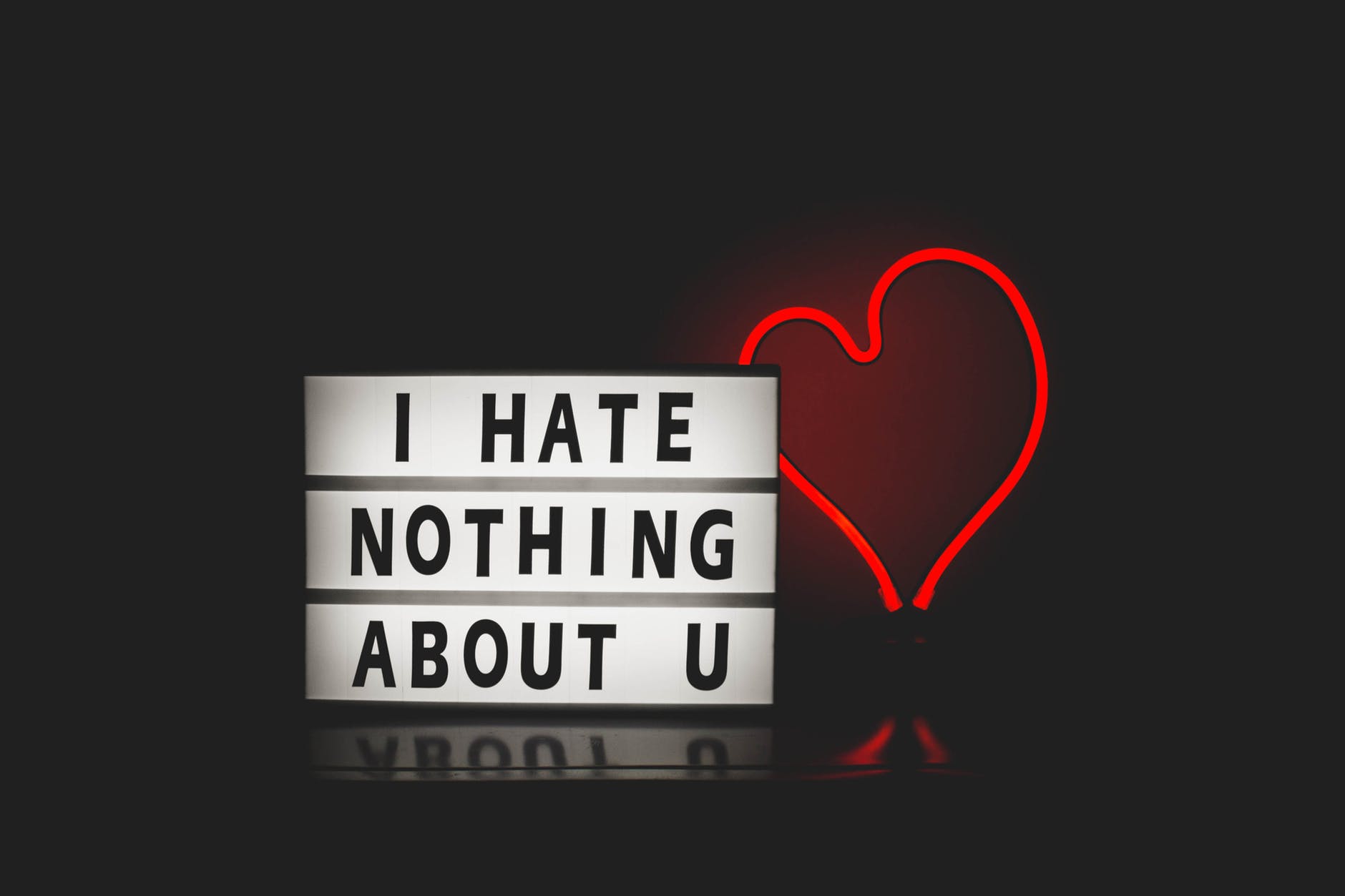52, regular gym goer, no known medical problems, died suddenly of a heart attack on Christmas Eve. It sounds surreal, but it happens every day.
The Tibetan Buddhists say that our lives are like flashes of lightning in the dark of night. The time we have is brief and uncertain. Yet, our actions do not match this reality.
Our attachment to this impermanent world brings us continual suffering. We sacrifice the moment for a past that is gone and a future that may never be. The time we have is fleeting but how we choose to use it is our own.
To enrich our lives, and the lives of others, we must act in the moment. Listed below are some powerful ways to live a meaningful present life.
- Act. Even small acts can lead to big results over time.
- Do not wait for others. You are the master of your own enlightenment.
- Keep it simple. Most problems can be broken down into more simple parts that are easier to overcome.
- Disagree but accept. Life will throw you curveballs and disappointments. The earlier you accept them, the faster you can overcome them.
- Choose virtuous friends. You are transformed by your associations.
- Speak truth. People know a liar.
- Be kind. People are more fragile than you think.
- Be the change you want to see in the world. Our greatest strength is our example.
- Forgive. Our forgiveness brings us closer to the infinite than any other act and releases us from the bonds of anger and hate.
May everyone have a blessed and prosperous new year!

Photo by Valentin Antonucci on Pexels.com




